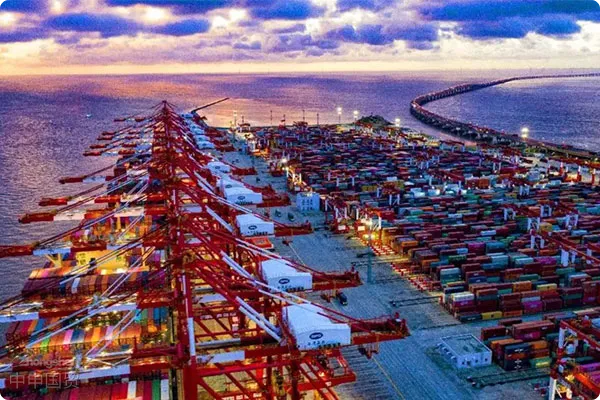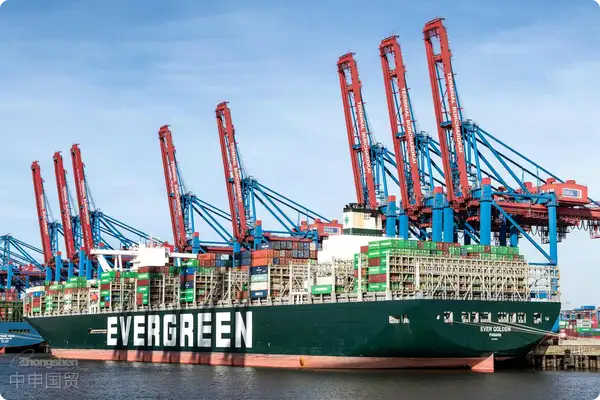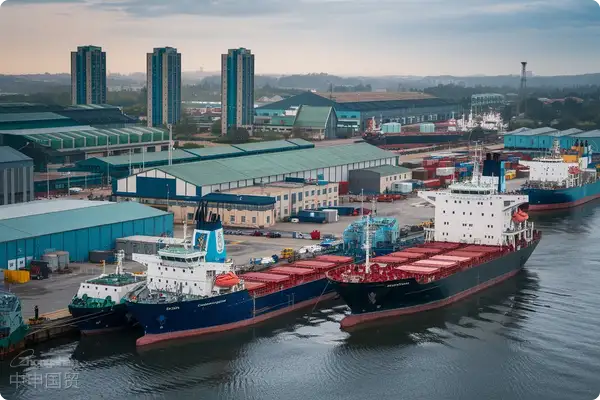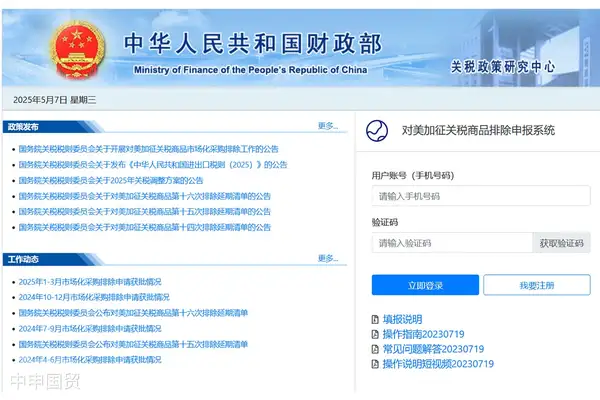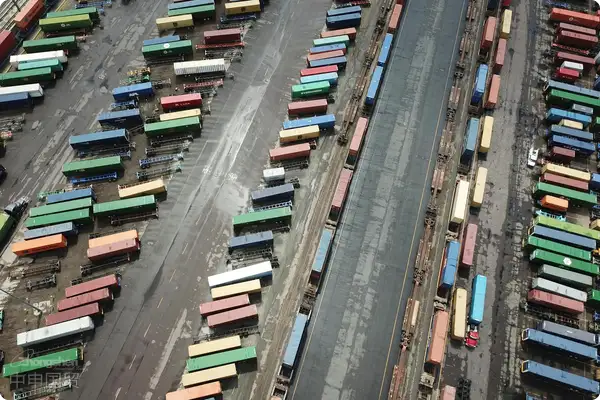- Shanghai Zhongshen International Trade Co., Ltd. - Two decades of trade agency expertise.
- Service Hotline: 139 1787 2118
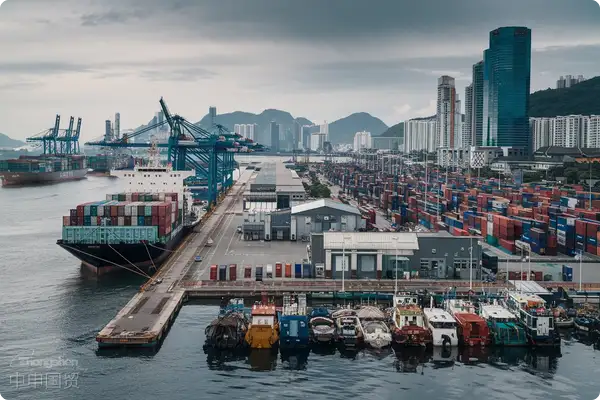
Specialequipment. For example, Indonesia has the SNI certification, Thailand has the TISI certification, and the Philippines has the BPS certification. It is necessary to confirm in advance the equipment voltage (such as 380V/50Hz in Thailand), the compatibility of the CE certification, and the proof of environmentally friendly materials.the Invisible Gatekeeper,
The 2025 revised Import Electromechanical Product Management Regulations clearly require qualified agencies to participate throughout the import declaration process for 8 categories of special equipment including pressure vessels and lifting machinery. Behind this seemingly simple administrative regulation lies trade security logic that enterprises must understand.
Four core responsibilities of professional agencies
Special EquipmentImport RepresentationFar beyond simple document delivery, their core value manifests in:
- Compliance firewall: Pre-identify matching degree between equipment codes (HS CODE) and the Special Equipment Catalog, avoiding over 20% error rate in customs declarations
- Technical parameter converter: Transform complex international certification systems like ASME and PED into acceptance documents compliant with GB standards
- Risk Mitigation Specialist: Establish a comprehensive quality traceability mechanism from pre-shipment inspection to屬地監(jiān)管
- Cost Optimization Specialist: Achieve an average 15% tariff reduction through tariff classification dispute resolution solutions
The Gold Standard for Selecting Agency Services
Based on the Customs總署s 2024 database of agency violation cases, it is recommended to focus on evaluating:
- Industry experience level
- Whether the agency maintains an import case database for specific equipment types (request to review at least 5 similar cases)
- Whether the cooperating laboratories are included in the CNAS certification directory
- Service Completeness
- Ability to provide end-to-end services from overseas factory inspections to domestic usage registration
- Whether certified mechanical & electrical engineers are assigned for technical document review
- Emergency Response Capability
- Whether there are successful cases of resolving customs technical disputes
- Whether a 24-hour cross-border communication mechanism is established
Painful Lessons: Three Major Pitfalls of Self-Managed Imports
In 2024, a chemical company had its imported reactor detained by customs for three months, incurring direct losses exceeding 2 million yuan. Such incidents reveal:
- Certification Conversion Pitfalls: Technical parameter differences between CE certification and TSG certification often require 30% equipment modifications
- Regulatory Coordination Gaps: 70% of enterprises neglect the installation notification procedures with屬地市場監(jiān)督局
- Hidden Cost Multipliers: Self-handled demurrage fees typically amount to 5-8 times agency service charges
2025 Import Policy Outlook
As Made in China 2025 enters its final phase, special equipment imports will feature:
- Dynamic adjustment of import licensing catalogs (focus on new hydrogen energy equipment categories)
- Enhanced mid-and-post-event supervision (customs will establish equipment usage period traceability mechanisms)
- Expanded mutual recognition of third-party inspection results (recommend selecting agencies with multinational certification qualifications)
The value of professional agencies lies not only in avoiding current risks but in building future-proof compliance systems. When selecting partners, enterprises should evaluate from a full lifecycle management perspective rather than simply comparing service rates. After all, in special equipment imports, one compliance error could paralyze entire production systems.
Related Recommendations
? 2025. All Rights Reserved. Shanghai ICP No. 2023007705-2  PSB Record: Shanghai No.31011502009912
PSB Record: Shanghai No.31011502009912
